Publications
Articles, publications, books, tools and multimedia features from the U.S. Institute of Peace provide the latest news, analysis, research findings, practitioner guides and reports, all related to the conflict zones and issues that are at the center of the Institute’s work to prevent and reduce violent conflict.
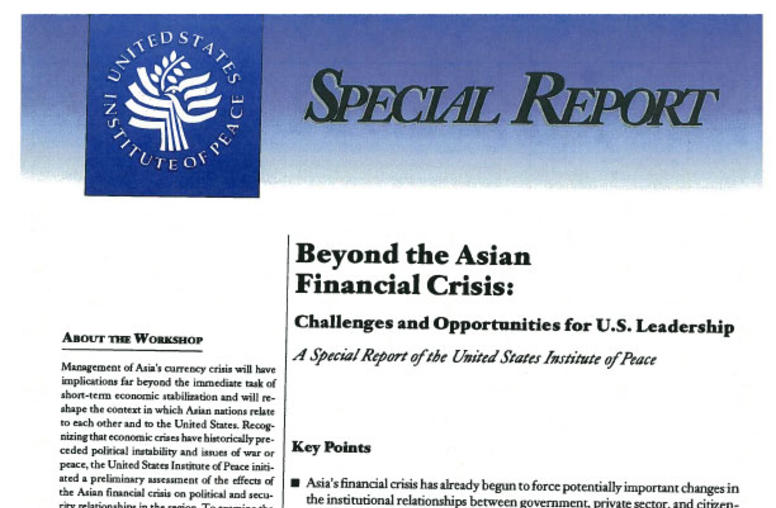
Beyond The Asian Financial Crisis: Challenges and Opportunities for U.S. Leadership
Following two decades of rapid growth, social change, and industrialization, the countries of the East Asian region are experiencing their first regionwide economic crisis. The immediate economic causes of Asia's financial crisis--especially unsustainable short-term foreign debt incurred by the private sector and exposed by the sudden devaluation of overvalued local currencies--have been identified. The challenges for U.S. leadership in response to the region's current financial crisis are to...
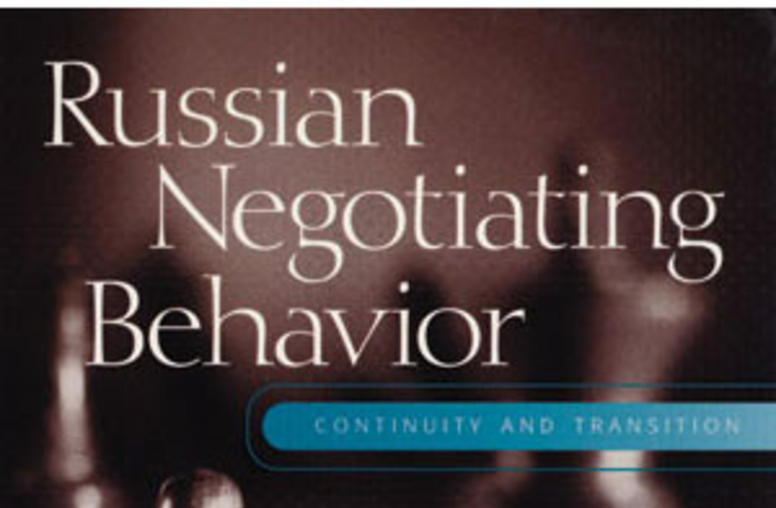
Russian Negotiating Behavior
Whether bargaining for strategic arms reductions, rights to drill Siberian oil fields, or an apartment in Moscow, Americans are faced across the table by a distinct Russian negotiating style.
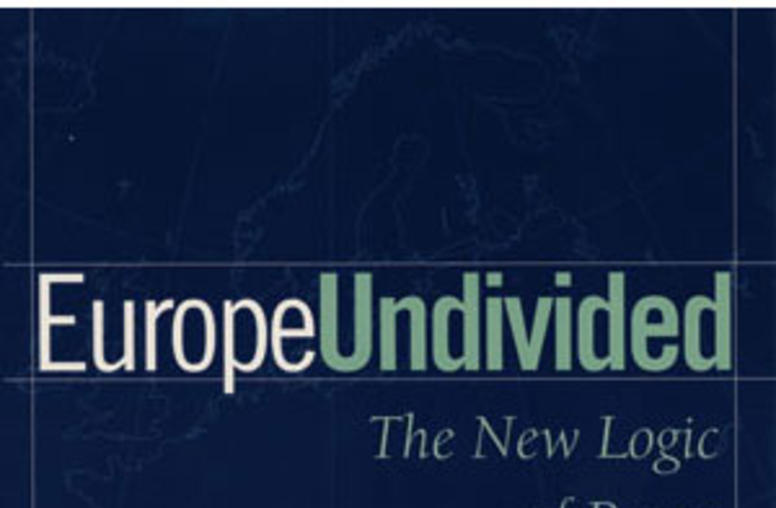
Europe Undivided
Can Russia and the United States really move beyond their bitter Cold War rivalry to a genuinely cooperative relationship?
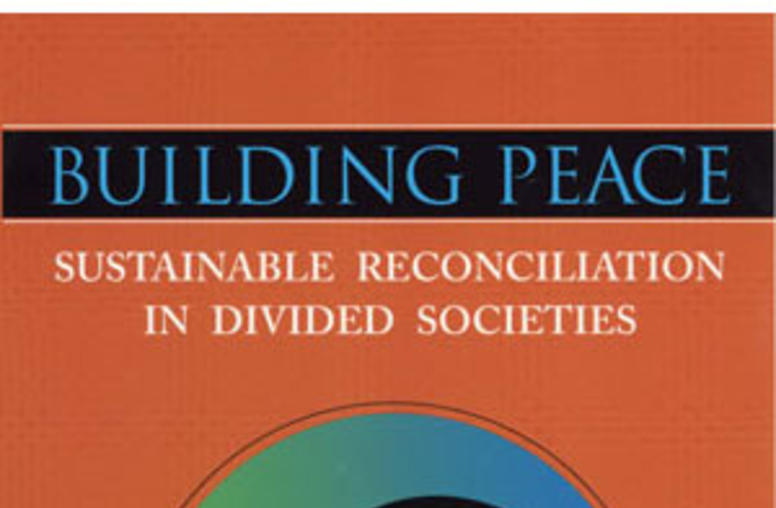
Building Peace
The volume explores the dynamics of contemporary conflict and presents an integrated framework for peacebuilding in which structure, process, resources, training, and evaluation are coordinated in an attempt to transform the conflict and effect reconciliation
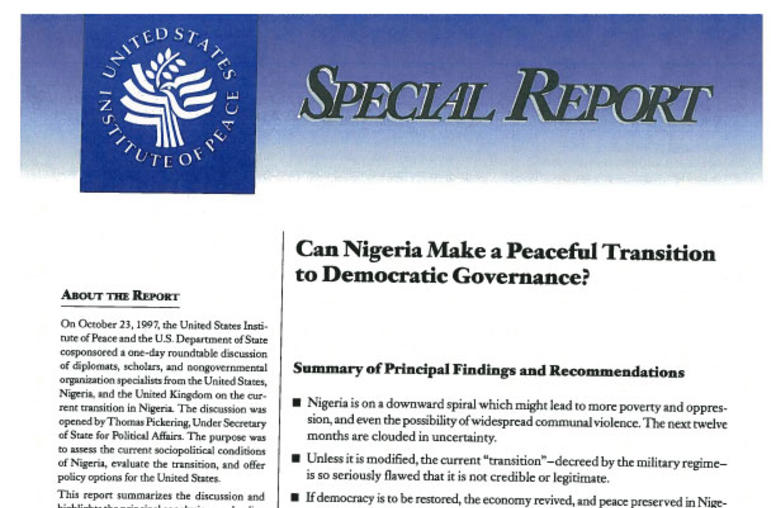
Can Nigeria Make a Peaceful Transition to Democratic Governance?
On October 23, 1997, the United States Institute of Peace and the U.S. Department of State cosponsored a one-day roundtable discussion of diplomats, scholars, and nongovernmental organization specialists from the United States, Nigeria, and the United Kingdom on the current transition in Nigeria. The purpose was to assess the current sociopolitical conditions of Nigeria, evaluate the transition, and offer policy options for the United States.
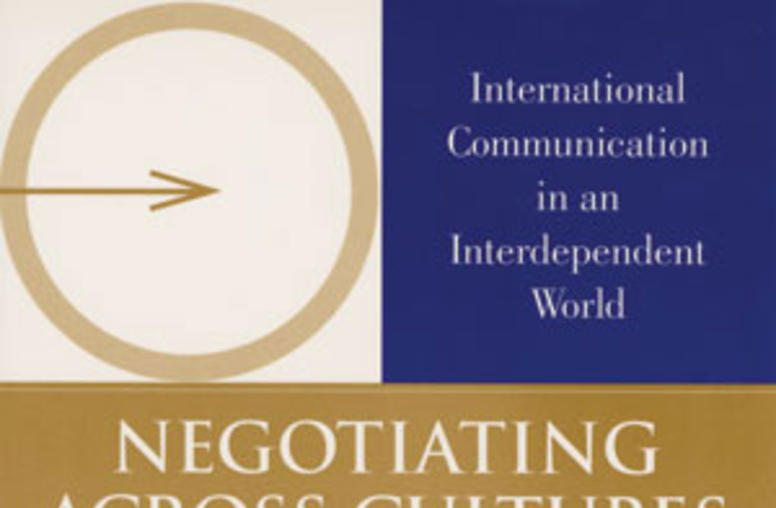
Negotiating Across Cultures
International Communication in an Interdependent World
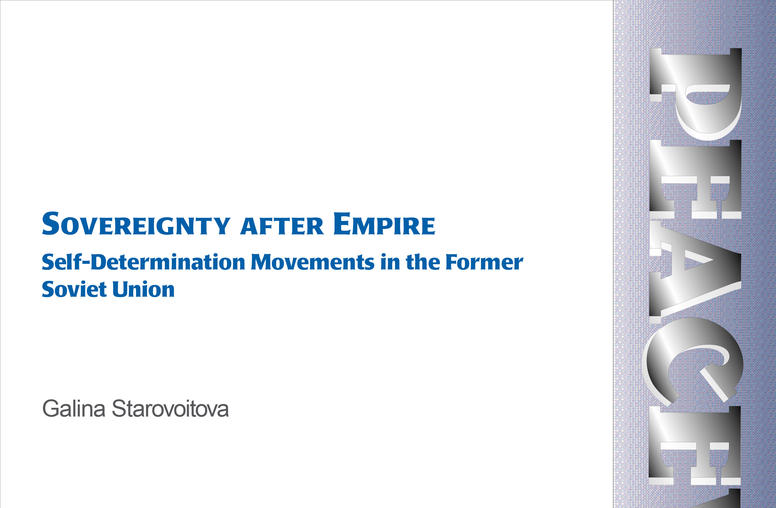
Sovereignty after Empire: Self-Determinationa Movements in the Former Soviet Union
This report examines the prominent self-determination movements in the former Soviet Union and arrives at some tentative criteria that could be used to assess their legitimacy. In contrast to futurists' visions of the "global village," where national loyalties and borders erode under the forces of globalization and decentralization, Starovoitova points to the resurgence of nationalism in the post–Cold War era, particularly on the Eurasian continent.
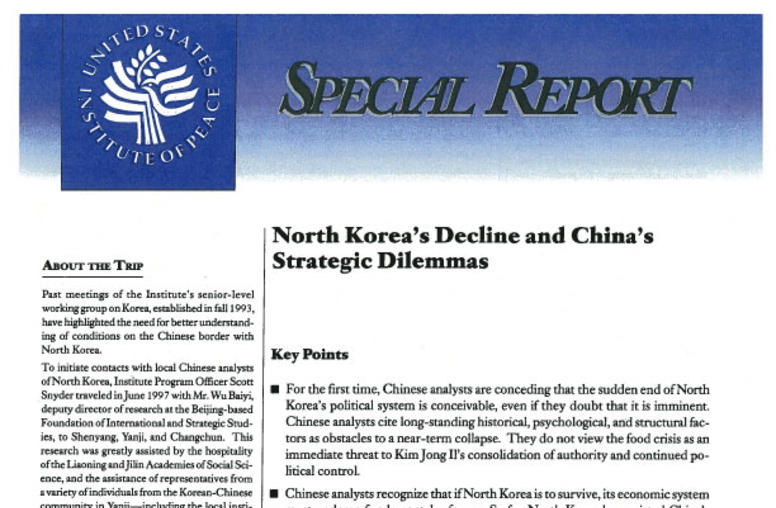
North Korea's Decline and China's Strategic Dilemmas
For the first time, Chinese analysts are conceding that the sudden end of North Korea's political system is conceivable, even if they doubt that it is imminent. Chinese analysts cite long-standing historical, psychological, and structural factors as obstacles to a near-term collapse. Chinese analysts recognize that if North Korea is to survive, its economic system must undergo fundamental reforms.

Mozambique
By the time it ended in 1992, Mozambique's 15-year civil war had exacted a terrible price. Economically paralyzed, the vast, drought-stricken country was rich only in enmity, landmines, and AK-47s. Into this misery was thrust a multifaceted UN mission, ONUMOZ, to manage the transition from military combat to electoral contest. Remarkably, when ONUMOZ departed two years later, that job was largely done.
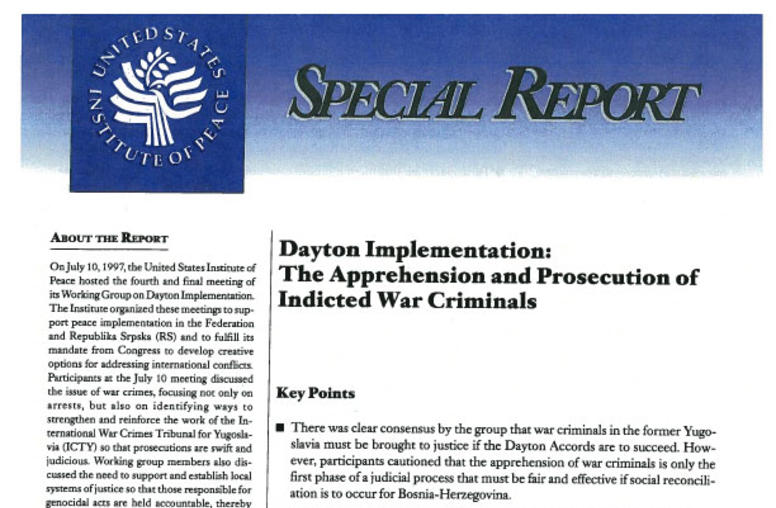
Dayton Implementation: The Apprehension and Prosecution of Indicted War Criminals
On July 10, 1997, the United States Institute of Peace hosted the fourth and final meeting of its Working Group on Dayton Implementation. The Institute organized these meetings to support peace implementation in the Federation and Republika Srpska (RS). Participants at the July 10 meeting discussed the issue of war crimes, focusing not only on arrests, but also on identifying ways to strengthen and reinforce the work of the International War Crimes Tribunal for Yugoslavia (ICTY) so that pro...